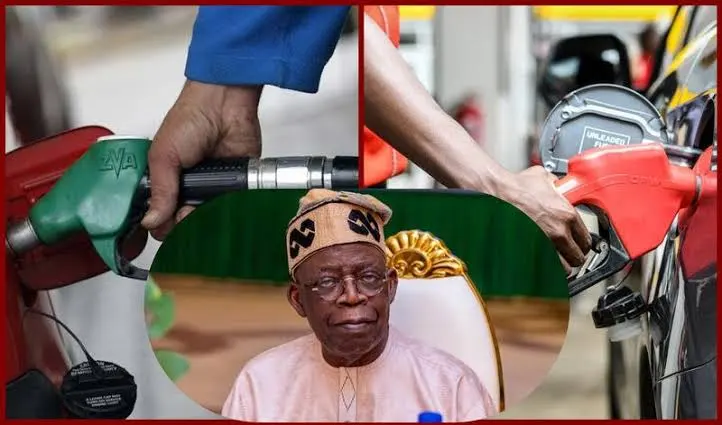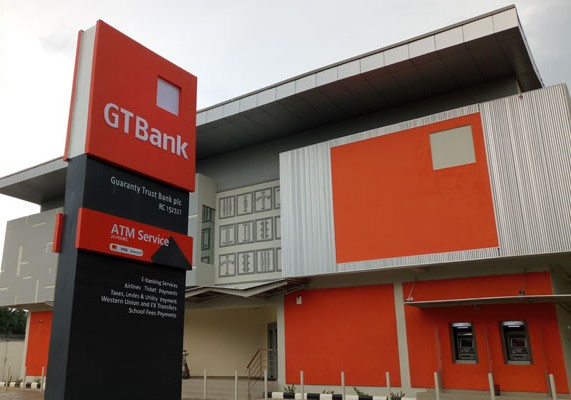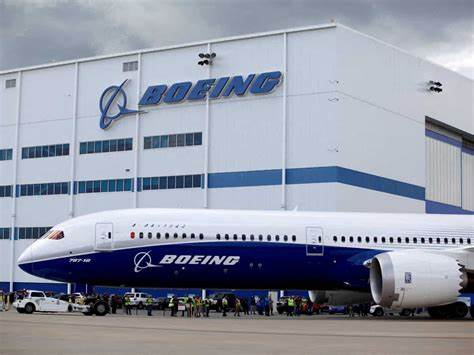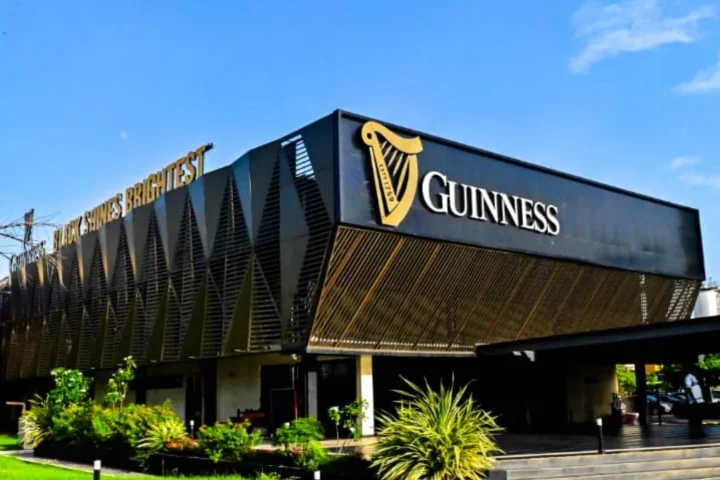Tinubu’s Devil’s Alternative to Fuel
In a meeting with petroleum marketers on October 22, President Bola Tinubu offered Nigerians what some call an unthinkable choice: either buy fuel at a staggering N1000 per litre or use compressed natural gas (CNG) at N200 per cubic meter. The decision has stirred considerable controversy, sparking debates over the practical, financial, and safety implications of switching to CNG, which is more than just an energy choice for Nigerians—it’s a question of survival.
Fuel Costs: A Burden on Everyday Nigerians
For many Nigerians, the recent surge in fuel prices has led to drastic lifestyle changes. At the Yaba, Lagos bus station, transporter Chijioke Emeka shared his concerns about the sustainability of his business. “Even if I switch to CNG, who’s going to pay for the conversion, it is now close to a million naira to convert to CNG?” he asked. “Right now, I’m barely breaking even, and the passengers complain, but we all know there’s no way out.”
Join our WhatsApp ChannelThe cost of petrol has skyrocketed since Tinubu’s fuel subsidy removal in May 2023. With petrol now costing up to N2000 per litre in certain regions, citizens are forced to make difficult choices. Ordinary people are struggling to meet these expenses, often leaving their vehicles at home, walking longer distances, and adjusting their budgets drastically. The steep prices have trickled down, raising the costs of goods, services, and even basic commodities.
Compressed Natural Gas: A Solution or a New Problem?
The government promotes CNG as an affordable and environmentally friendly alternative. Yet, experts and motorists highlight that the road to CNG is fraught with challenges.
Firstly, converting a petrol engine to run on CNG requires significant investment. The estimated cost for this conversion ranges from N1 million to N2 million—an amount beyond the reach of most Nigerian vehicle owners. Transportation economist Dr. Samson Odewale noted, “The average Nigerian commercial driver doesn’t have the means to pay for these conversions. The government has to step in with subsidies or loans if they are serious about this policy.”
Meanwhile, a government spokesperson claimed that some commercial drivers are eligible for free conversions, though reports from across the country indicate that very few have received such support. An anonymous taxi driver in Lagos remarked, “We’ve heard these promises, but where are the free conversion centres? Most of us don’t even know where to find them.”
READ ALSO: Nigeria’s Fuel Crisis: Pain As Petrol Prices, Scarcity Impact Citizens
Safety Concerns: Is CNG Truly a Safe Option?
One of the top concerns with CNG is safety, particularly in older vehicles. Many commercial buses and taxis in Nigeria are over a decade old, making the installation of CNG systems potentially hazardous. Last month, a CNG installation explosion in Edo State raised the alarm, with reports attributing it to low-quality materials and unlicensed technicians. Dr. Peter Omisore, an energy consultant, commented on the incident: “The transition to CNG requires stringent regulations. If we rush into this without proper checks, we’re inviting a disaster.”
This safety issue affects not only the drivers but also the passengers. Many are wary of switching to CNG without adequate assurance of safety, training, and equipment standards. Some Nigerians, particularly in rural areas, simply do not have access to licensed conversion centres, leaving them vulnerable to unregulated service providers.
Access and Infrastructure: A Challenge to Nationwide Adoption
For CNG to be a viable solution, it must be accessible to all Nigerians, but current infrastructure falls short. Most conversion centres are located in major cities, leaving residents in smaller towns and rural areas with limited access. This disparity is a crucial concern, especially as the government has not clarified how it will expand CNG facilities nationwide.
Dr. Odewale explained, “The government needs to build more CNG centers across the country. The current system won’t suffice if we want all Nigerians to switch to CNG. The facilities must be affordable, accessible, and safe, or this policy will only add to the inequality.”
A Call for Equity: “Lead by Example”
Another aspect of Tinubu’s policy drawing criticism is the apparent double standard within the government. Top officials continue to use petrol-powered vehicles, sparking frustration among citizens who feel they’re being forced to make sacrifices their leaders aren’t. An X (formerly Twitter) user voiced his concerns: “Why should we be the only ones tightening our belts? If the leaders aren’t willing to convert, how can they ask us to?”
Political analyst Professor Remi Ayodele commented on the issue, saying, “The government must set an example if they expect ordinary citizens to bear these burdens. When leaders enjoy privileges that the public can’t afford, it undermines trust and increases discontent.”
Searching for a Balanced Approach Between CNG and Fuel
The choice Nigerians face between petrol and CNG goes beyond a decision at the pump; it’s a question of equity, access, and national priorities. Citizens are asking for a balanced approach that considers their financial limitations, safety concerns, and the lack of CNG infrastructure.
Until these issues are addressed, Tinubu’s “devil’s alternative” remains a bitter choice for many Nigerians who feel trapped between unaffordable fuel costs and a complicated, costly transition to CNG.
Emmanuel Ochayi is a journalist. He is a graduate of the University of Lagos, School of first choice and the nations pride. Emmanuel is keen on exploring writing angles in different areas, including Business, climate change, politics, Education, and others.



















Follow Us